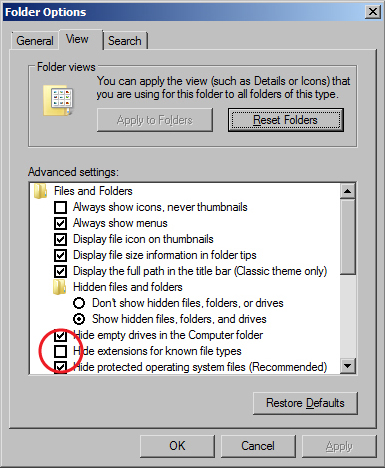BIOL388/S19:Help
From OpenWetWare
Jump to navigationJump to search
Some pages designed to help students become familiar with OpenWetWare.
- Introductory tutorial to OpenWetWare
- An introduction to the basics of using OpenWetWare
- Using OpenWetWare
- Why and how to use OpenWetWare in this course
- Guidelines for editing OpenWetWare
- Some basic guidelines for editing OpenWetWare
- General OpenWetware introductory tutorial
- OpenWetWare help pages
Tips & Tricks
Please feel free to add any tips and tricks you have learned so the whole class can benefit from your knowledge.
Screenshots
- Making a screenshot smaller: This may not be the most technical way, but it gets the job done. After the image you insert into the Edit page, add "thumb|upright=3.0". This command makes the image at thumbnail, then adjusts the thumbnail to a different size. For images you want to be wider, use a number greater than 1, for more vertical images, use a number less than 1. You can also center the image by using the "|center" command (Example: [[Image:This is an example.jpg|thumb|center|upright=2.5]]
Windows
- To take a screen shot, press
CtrlandPrint Scrntogether. The contents of the active window will be saved on your clipboard. You may then paste into a graphics program (like Adobe Photoshop or Microsoft PowerPoint) and save the file.
Macs
Turning on File Extensions in Windows 7
- The Windows 7 operating systems defaults to hiding file extensions. To turn them back on, do the following:

Folder Options window - Go to the Start menu and select "Control Panel".
- In the window that appears, search for "Folder Options" in the search field in the upper right hand corner.
- Click on "Folder Options" in the main window.
- When the Folder Options window appears, click on the View tab.
- Uncheck the box for "Hide extensions for known file types".
- Click the OK button.
- The computers in Seaver 120 are are set to erase all custom user settings and restore the defaults once they have been restarted, so if you have done this previously, you might have to do it again.
Setting the Download Options for FireFox and Chrome
- For Mozilla FireFox (40.0.2 or higher)
- Options set to default downloads to Desktop and to ask each time a file is downloaded
- Go to the Options menu, General options
- First, under the "Downloads" section, next to "Save files to" click the "Browse" button, select the Desktop, and click the OK button.
- Second, click the radio button next to "Always ask me where to save files"
- Options set to default downloads to Desktop and to ask each time a file is downloaded
- For Google Chrome (Version 44.0.2403.157 m or higher)
- Options set to default downloads to Desktop and to ask each time a file is downloaded
- Go to Settings page, click on link to "Show advanced settings"
- First, under the "Downloads" section, click the "Change..." button, select the Desktop, and click the OK button.
- Second, check the box next to "Ask where to save each file before downloading"
- Options set to default downloads to Desktop and to ask each time a file is downloaded
Compressing Files with 7-Zip
- The 7-Zip file compression software has been installed on the computers in Seaver 120. (If you want to install this software on your own computer, go to the 7-zip Download page.) To compress a single file or a group of files, do the following:
- Select all of the files you want to zip together by clicking and dragging or control-clicking on the filenames.
- Right-click on your selection. In the context menu that appears, select the menu option: 7-Zip > Add to archive
- Make sure there is a meaningful filename in the field under the word "Archive:". If not, change it to something that is. Typically you will want to include your name or initials, a short descriptor of what the file contains, and the date in year-month-day format (yyyy-mm-dd).
- Select "zip" as the Archive format.
- You do not need to change any of the other defaults. Click OK. The zip file will appear in the same folder as the files you compressed.
What to do if there is a OpenWetWare outage
- We recommend that when doing your journal assignments, "save early, save often". That is, work in short increments, saving your work in small pieces. This will help you avoid losing your work if there is an issue with the internet.
- We also recommend that you begin your assignments well ahead of the deadline so that you have enough time to complete them on the wiki.
- While we do not anticipate any problems, in the event of an OpenWetWare outage near a deadline, please do the following:
- send an e-mail to both instructors notifying us of the outage, attaching a screenshot documenting the problem;
- complete the unfinished portion of the assignment as a Word document and e-mail it to both instructors. Even though you are saving it as a Word document, write it in wiki syntax so that it can be saved back to the wiki when it becomes available again.
Other Useful Links
- LMU Library Guide for Biology 368 (but also useful for this class)

